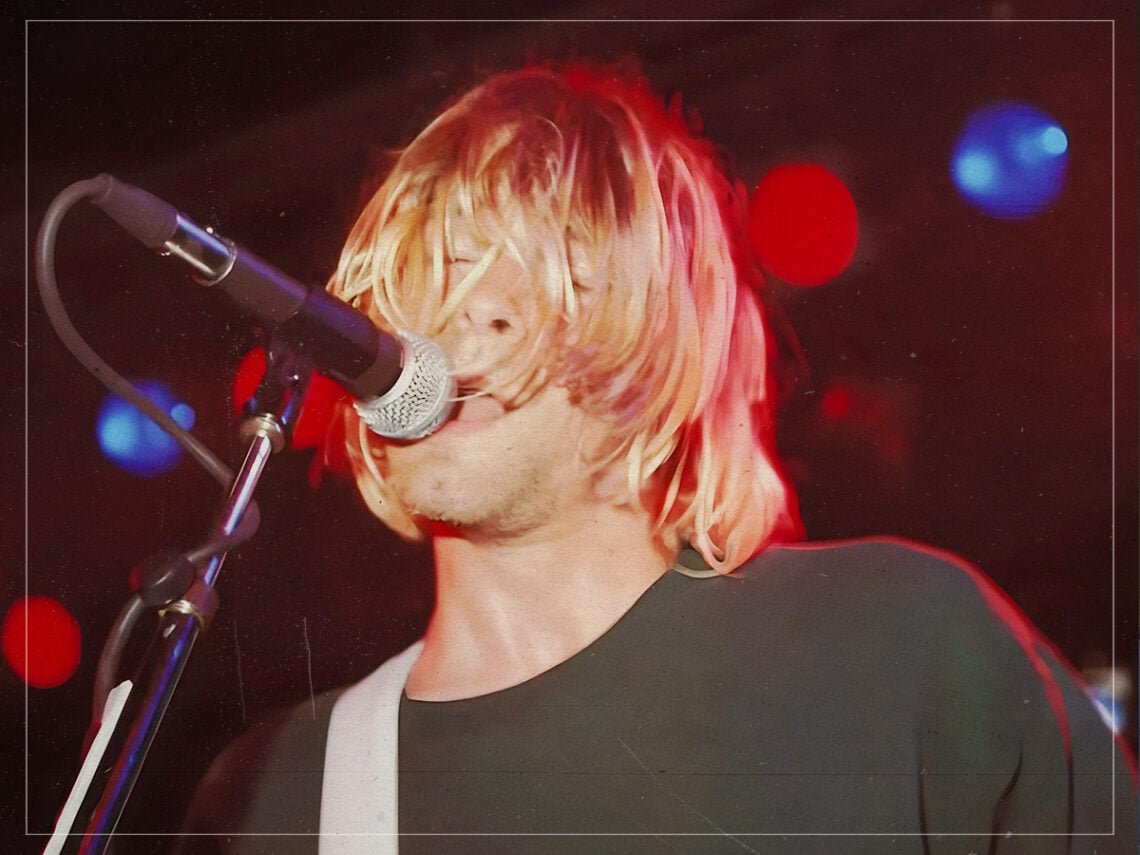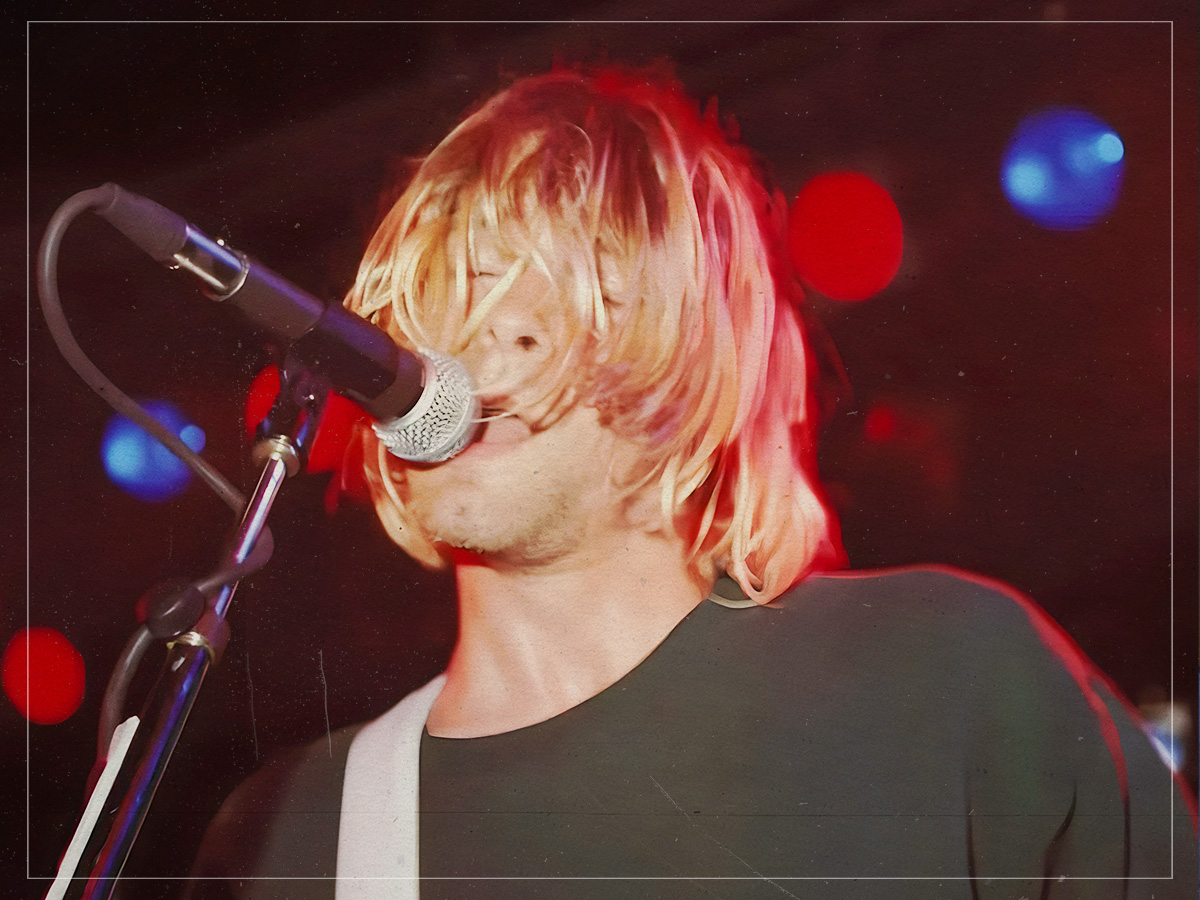
(Credits: Far Out / Alamy)
Wed 26 November 2025 21:00, UK
Nothing that Kurt Cobain ever recommended was meant to be for the faint of heart.
Nirvana had prided themselves on being the antithesis to the mainstream, so when they were suddenly one of the biggest names in music, Cobain wasn’t about to start talking about rubbing elbows with music legends or trying to make the most commercial music of his career. He was the ultimate indie artist until the very end of his life, and if he had that platform, he was going to use it for good whenever he had the chance.
But listening back to a lot of Nirvana’s records, it’s not like you couldn’t hear some of those off-the-wall influences every now and again. The Pixies were an obvious influence when looking at the kind of quiet-loud dynamic that became commonplace at the height of grunge, but everything from Flipper to Melvins coated everything found on Bleach, especially when they detuned their guitars down super low when working on the sludgier riffs in their catalogue, like ‘Blew’.
Then again, Cobain was simply looking to make something heavy. He had a great deal of respect for bands like Black Sabbath for their riffs, but it was always about making something that sounded different. It wasn’t a mistake that he had John Lennon as his biggest influence, and since the former Beatles knew how to deliberately mess with the system whenever he made a solo record, so too did Cobain try to subvert people’s expectations when the spotlight was on him.
No one would have expected the Meat Puppets to be the band’s special guest when Nirvana played MTV Unplugged, but Cobain’s taste catered to more than just his friends. He had been exposed to some of the greatest names in indie music before Nirvana was even big, and while an album like The Shaggs’ Philosophy of the World was going to be an acquired taste for anyone, there was at least a method to the madness when Cobain listened to Jad Fair’s Great Expectations.
The idea of noise rock and experimental music had no time on the charts at this point, but Cobain felt that listening to Fair’s music on the radio was the kind of world he wanted to live in, saying, “I like to listen to Jad Fair and Half-Japanese with headphones on, walking around the shopping malls, in the heart of American culture. I just think that, if people could hear this music right now, they’d melt, they wouldn’t know what to do, they’d start bouncing off the walls and hyper-ventilating.”
Admittedly, it’s not like the modern era of pop fans were exactly going to be fawning over this kind of music, either, but for any indie artist, the credentials that Fair has speak for themselves. Outside of his own records, hearing him work with everyone from Daniel Johnston to Yo La Tengo has given him a laundry list of credentials that no one would have imagined was possible for one indie musician to have.
Cobain may have had the ear of a generation for a brief period of time, but the fact that he was championing artists like this spoke to the kind of artist he wanted to be. None of the fame mattered to him, and if he could get a handful of decent indie acts on the charts alongside him, he would have been more than happy.
Related Topics

